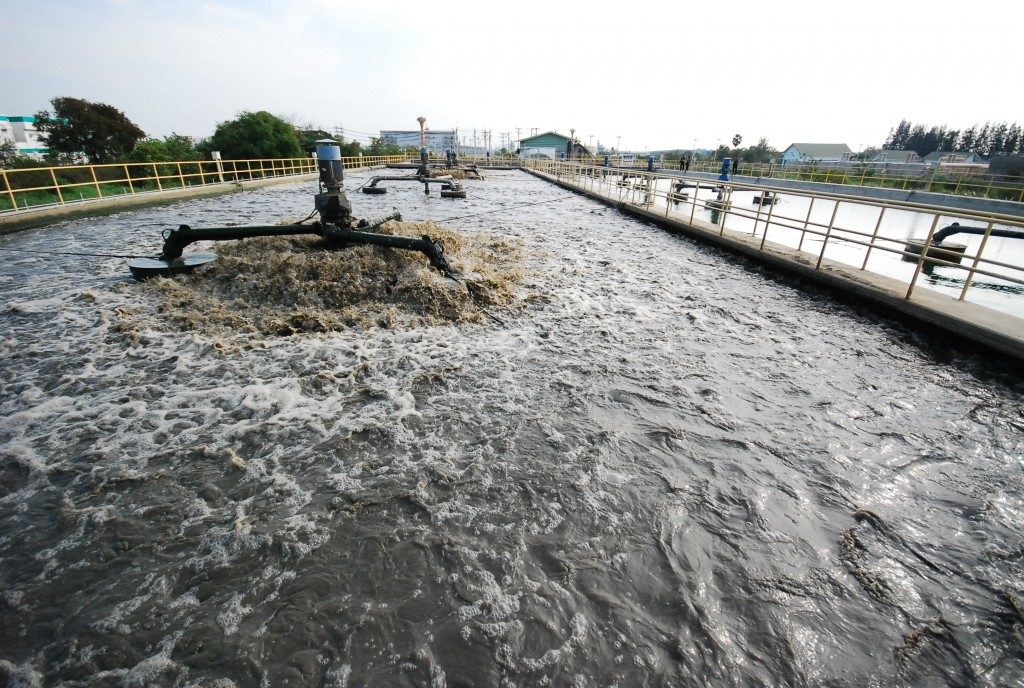Unknown to most people, each time we flush our toilets, a potential energy source literally goes down the drain. Wastewater is an unusual and underrated energy source that we need to utilize to help address the world’s worsening environmental conditions. While it is typically viewed as a nuisance, wastewater contains organic matter that can be converted into a valuable and sustainable energy source by way of sludge-to-energy treatment systems.
Producing Energy from an Unusual Source
The decomposition of waste in an oxygen-free chamber produces methane gas. This is more useful if captured to produce energy instead of just releasing it into the atmosphere. Other forms of organic waste like manure, yard waste, waste oil, and food scraps from restaurants all make viable candidates for methane production, especially when combined. For instance, a combination of kitchen waste and sludge produces key bacteria required for maximum and optimum methane production.
Wastewater and sewage treatment facilities collect the sludge to undergo pre-treatment processing. This process, known as thermal hydrolysis, maximizes methane production from sludge. The treated waste then goes into an anaerobic digester to finish the breakdown process. The end product is biogas that can be utilized for on-site energy supply. It can also be further processed as a substitute for natural gas. To ensure not one bit is wasted, the remaining solid particles from the treatment are used to create “digestates” that are full of nutrients. These are added to the soil to enhance plants’ growth.
Advantages of Wastewater Energy
By using a sludge-to-energy system, you are taking on a lot of the world’s urgent environmental and economic concerns including:
-
Production of Energy
In light of the world’s growing population, the need for more sources of energy is also increasing. Turning to waste as an inexpensive, sustainable, and readily available energy source helps meet this need.
-
Reduction of Emissions
Methane makes up about 16% of the world’s greenhouse gas emissions. It is a powerful gas and in fact, it is about 30 times more potent than carbon dioxide. Instead of releasing it into the air and fuel climate change all the more, sludge-to-energy systems collect all this energy and divert it to more productive channels.
-
Management of Waste
Plenty of developing countries do not have sufficient waste treatment and management facilities. Some countries dump their solid waste and sludge in landfills or nearby bodies of water. China, for instance, dumps almost 70% of municipal land waste in landfills — sometimes, illegally. Having facilities for wastewater treatment in NZ, China, or the Philippines can help provide solutions for their waste management needs.

Benefits to the Economy
Wastewater treatment facilities save a lot financially as they are self-sustaining. They can also monetize the gas and solid digestates produced by selling them. Another economic benefit is sludge-to-energy systems lower the amount of fossil fuel consumption, which is more hazardous to the environment and one’s health.
More countries are now putting up their wastewater treatment facilities for proper waste management. This way, they contribute to the fight against climate change and help solve the world’s growing energy crisis.





